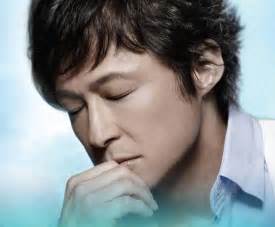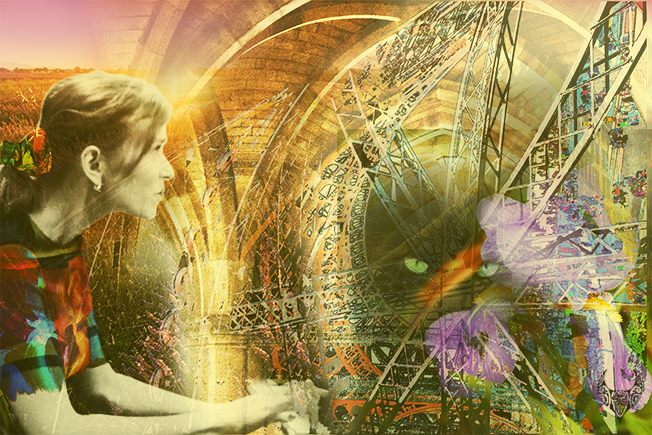About
Born to a father from Jeju island and a mother from Sinuiju, Yang Bang Ean grew up in a family in medicine for generations. He started classical piano at 6, joined a band in middle school and learned diverse genres of music.
Having a keen interest in music, Mr. Yang went to Medical School. He started his career as professional musician when he was a medical student at Nippon Medical School and after graduation, he worked as an anesthesiologist at the university hospital. However, he resumed his musical profession just one year later. At the beginning stage of his career (after 1986), he participated in producing the albums and live concerts of famous Asian pop artists such as Hamada Shogo and the legendary rock band from Hong Kong, BEYOND, and joined the band Shambara with Akira Jimbo (drum) and Sakurai Tetsuo (bass).
Since his first solo debut with the album "The Gate Of Dreams" (Universal Music Japan) in 1996, he has released 7 regular albums performing with London Philharmonic Orchestra, Royal Philharmonic Orchestra and London Symphony Orchestra and had a number of live concerts. He served as the music director of "Thunderbolt" starring Jackie Chan in 1995, and since then, he has participated in producing soundtracks for many documentaries, movies, animations, online games, soap operas and CFs in Korea and Japan and released OST albums.
In Korea, since one of his pieces
In 2014, he served as the music director for the performance during the selection of the next site at the closing ceremony of the 2014 Sochi Winter Olympics. Later, he has been appointed as the music director for the opening and closing ceremonies of the 2018 Pyeongchang Winter Olympics.

